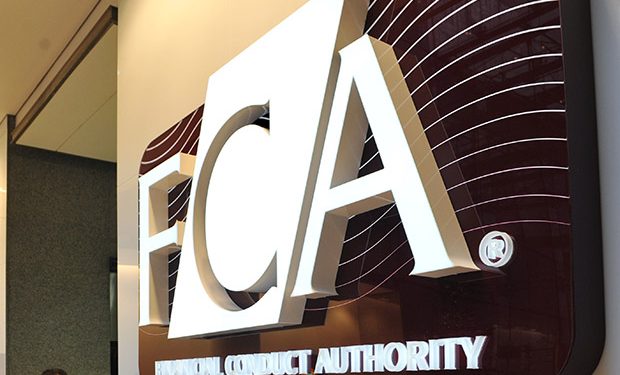Independent Governance Committees (IGCs) will be required to tell employers they should consider alternative providers if they believe the home provider is not giving them value for money (VFM), under new FCA rules out today.
A policy statement from the FCA confirms the final rules on the VFM assessment framework, requiring a pension provider’s IGCs or Governance Advisory Arrangement (GAA) to take three key elements into account – costs and charges, investment performance and quality of services. These rules also require that IGCs should compare their provider’s offerings with other similar propositions on the market as part of the VFM assessment.
ICGs should also consider whether an alternative scheme would offer better VFM and inform the pension provider. If the IGC is unsatisfied with the pension provider’s response, the IGC should also inform the relevant employer where this could make a difference to the outcome of members of the scheme. IGCs will be required to set out whether they think their scheme delivers VFM and explain how they have assessed it in their reports and keep evidence relied upon for six years.
The rules come into force today and IGCs will have until 30 September 2022 to provide their first report.
The FCA says the most significant issue raised in the feedback to CP20/9 was around the level
at which this comparison should be conducted. To address concerns raised in the feedback, our final rules allow IGCs some flexibility to decide how best to conduct the comparison.
The Pensions Regulator (TPR) and the FCA recently launched a joint discussion paper asking for input on standardised metrics and benchmarks for measuring the 3 key elements of VFM.
AJ Bell head of retirement policy Tom Selby says: “Ensuring people get good value from their pensions is a key priority for the Government and UK regulators.
“The three broad value-for-money concepts outlined by the regulator today – costs and charges, investment performance and service – feel like the right ones, with key considerations like environmental, social and governance factors likely to be captured within these.
“Automatic enrolment is the primary context for this renewed focus, with millions of people thrust into retirement saving for the first time and the majority contributing through inertia rather than by making an active choice.
“It is therefore crucial policymakers are firmly focused on ensuring these members continue to receive value-for-money from their scheme. While the 0.75 per cent charge cap is an essential protection, increasing scale should mean providers costs drop significantly over time.
“As this happens, it is vital the benefits should be passed directly to savers rather than being swallowed up elsewhere, as we know even small differences in costs and charges can add tens of thousands of pounds to your final retirement pot.
“There is a danger that the desire from the Government and regulators to drive investments into illiquid assets and boost the UK economy risks diverting attention from ensuring more investors benefit from lower charges.
“Indeed, a recent Productive Finance Group Working Group report suggested there had been ‘excessive’ focus on costs and charges in workplace DC pensions. This feels at odds with the direction of policy in the last decade and risks leading to hubris in the market.
“Ultimately costs and contributions are the two key elements retirement savers have total control over, and therefore ensuring costs are as low as possible must remain a priority.”





